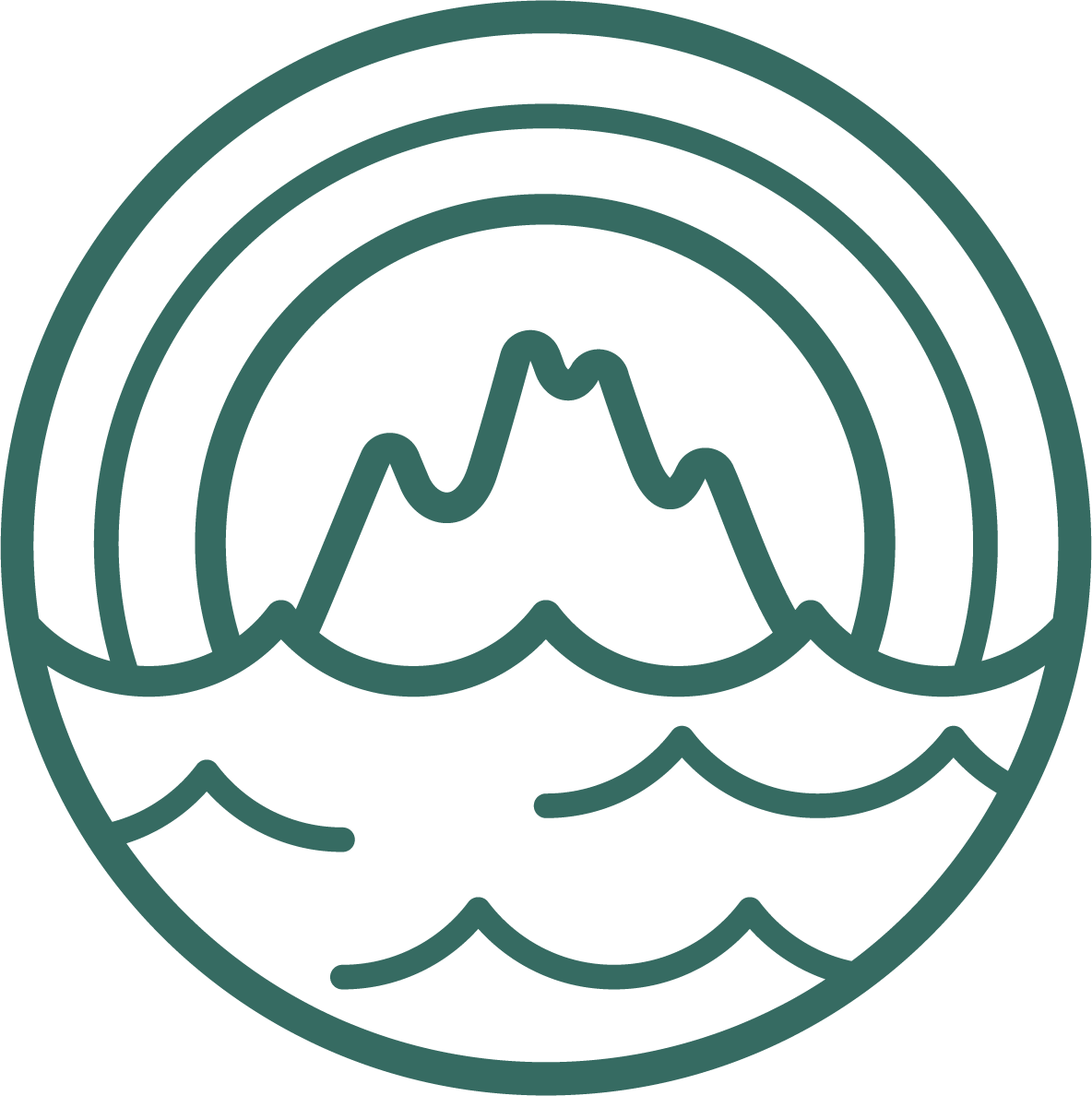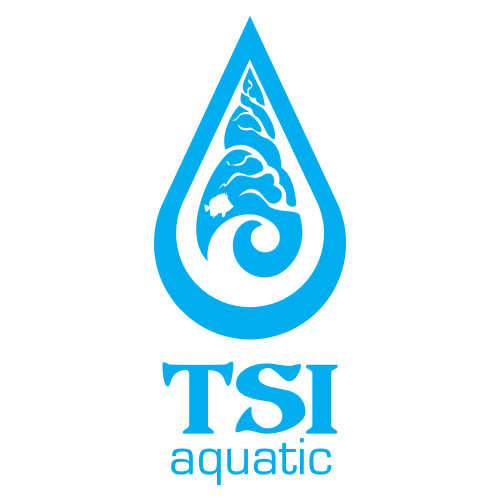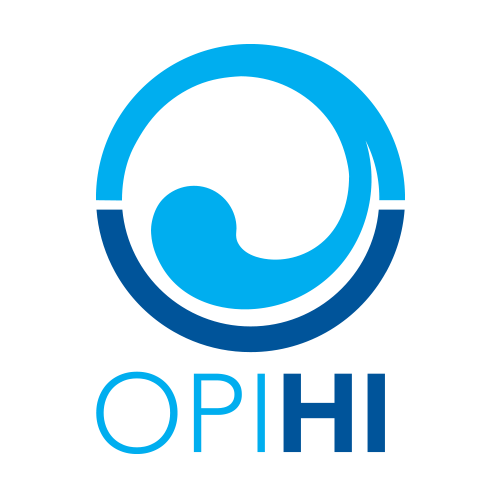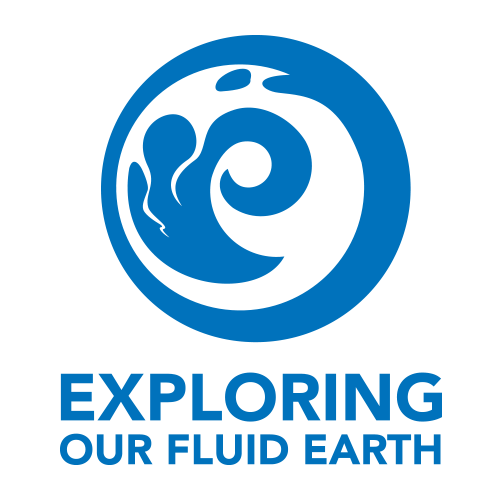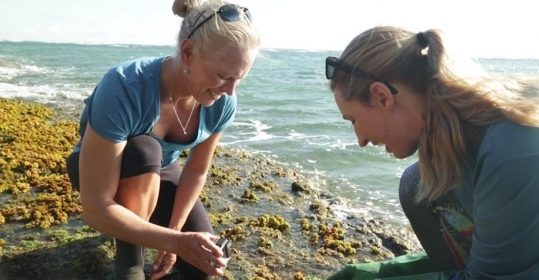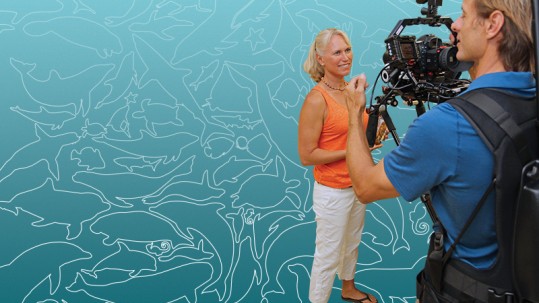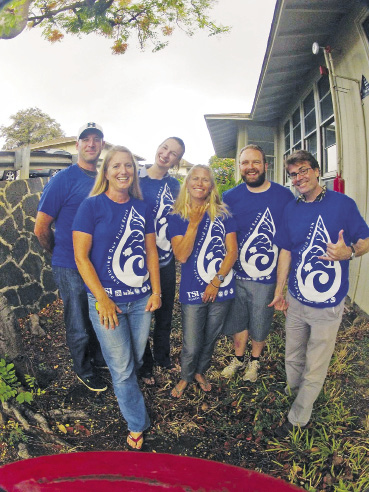Brennan, C. A. (2015, May). Modeling erosion with real stuff. Paper presented at the National Science Teachers Association National Convention, Chicago, IL.
Brennan, C. A. (2015, October). Commencement remarks to honors students. Presentation at Moscow State Pedagogical University, Moscow, Russia.
Brennan, C. A. (2015, October). Modes of inquiry used in early childhood education. Paper presented at an International Conference on Strategies for Higher Education Results, Moscow State Pedagogical University, Moscow, Russia.
Brennan, C. A. (2015, October). Studying STEM subjects in elementary school. Paper presented at the International Conference on Strategies for Higher Education Results, Moscow State Pedagogical University, Moscow, Russia.
Harrison, G. M., Lewis, N., & Brandon, P. R. (2015, September). Applying the theory of planned behavior to model evaluators’ research-on-evaluation beliefs and involvement. Paper presented at the meeting of the Hawai’i-Pacific Evaluation Association, Kane‘ohe, HI.
Harrison, G. M., Lewis, N., Ah Sam, A., & Brandon, P. R. (2015, April). Evaluators’ perceptions of published research on evaluation. Paper presented at the meeting of the American Evaluation Association, Chicago, IL.
Philippoff, J., & Seraphin, K. D. (2015, June). Exploring Our Fluid Earth online curriculum: Virtual tour and sample sand. Paper presented at the National Marine Educators Association annual conference, Newport, RI.
Philippoff, J. (2015, May). OPIHI: Our project in Hawai‘i’s intertidal: A citizen science story. Presented at the Hanauma Bay lecture series “Society and You”, Honolulu, HI.
Philippoff, J. (2015, October). OPIHI: Our project in Hawai‘i’s intertidal. Presented at a STEMplus: Crossing boundaries & building communities citizen science session titled “Ahupua‘a: Monitoring water quality,” Honolulu, HI.
Philippoff, J., & Seraphin, K. D. (2015, August). OPIHI: Our project in Hawai‘i’s intertidal. Presented on “Likeable Science,” a television show through ThinkTech Hawai‘i, Honolulu, HI.
Philippoff, J., & Vallin, L. M. (2015, September). Where do you draw the line? Ethical dilemmas in external evaluation. Roundtable presented at the meeting of the Hawai’i-Pacific Evaluation Association, Kane‘ohe, HI.
Philippoff, J., Faucci, A., & Seraphin, K. D. (2015, June). OPIHI: Our project in Hawai‘i’s intertidal and plankton cards: Teacher professional development opportunities. Paper presented at the meeting of the Hawai‘i Environmental Education Alliance conference, Honolulu, HI.
Seraphin, K. D., & Philippoff, J. (2015, January). Pilot evaluation of the television series Voice of the Sea. Paper presented at the meeting of the Hawai‘i Educational Research Association annual conference, Honolulu, HI.
Seraphin, K. D., Philippoff, J., & Faucci, A. (2015, October). OPIHI: Our project in Hawai‘i’s intertidal. Presented on “Bytemarks Cafe”, a radio program on Hawai‘i Public Radio hosted by Ryan Ozawa and Burt Lum, Honolulu, HI.
Seraphin, K. D., & Philippoff, J. (2015, April). Voice of the Sea TV: Learning from experts across the ocean.Presented at Hanauma Bay, Honolulu, HI.
Seraphin, K. D., & Philippoff, J. (2015, August). Voice of the Sea TV: Learning from experts across the ocean. Paper presented at the Hawai‘i Conservation Conference, Hilo, HI.
Seraphin, K. D., & Philippoff, J. (2015, January). Pilot Evaluation of the Television Series Voice of the Sea. Paper presented at the meeting of the Hawai‘i Educational Research Association, Honolulu, HI.
Seraphin, K. D., & J. Philippoff. (2015, January). Pilot evaluation of the television series Voice of the Sea. Paper presented at the meeting of the Hawai‘i Educational Research Association, Honolulu, HI.



